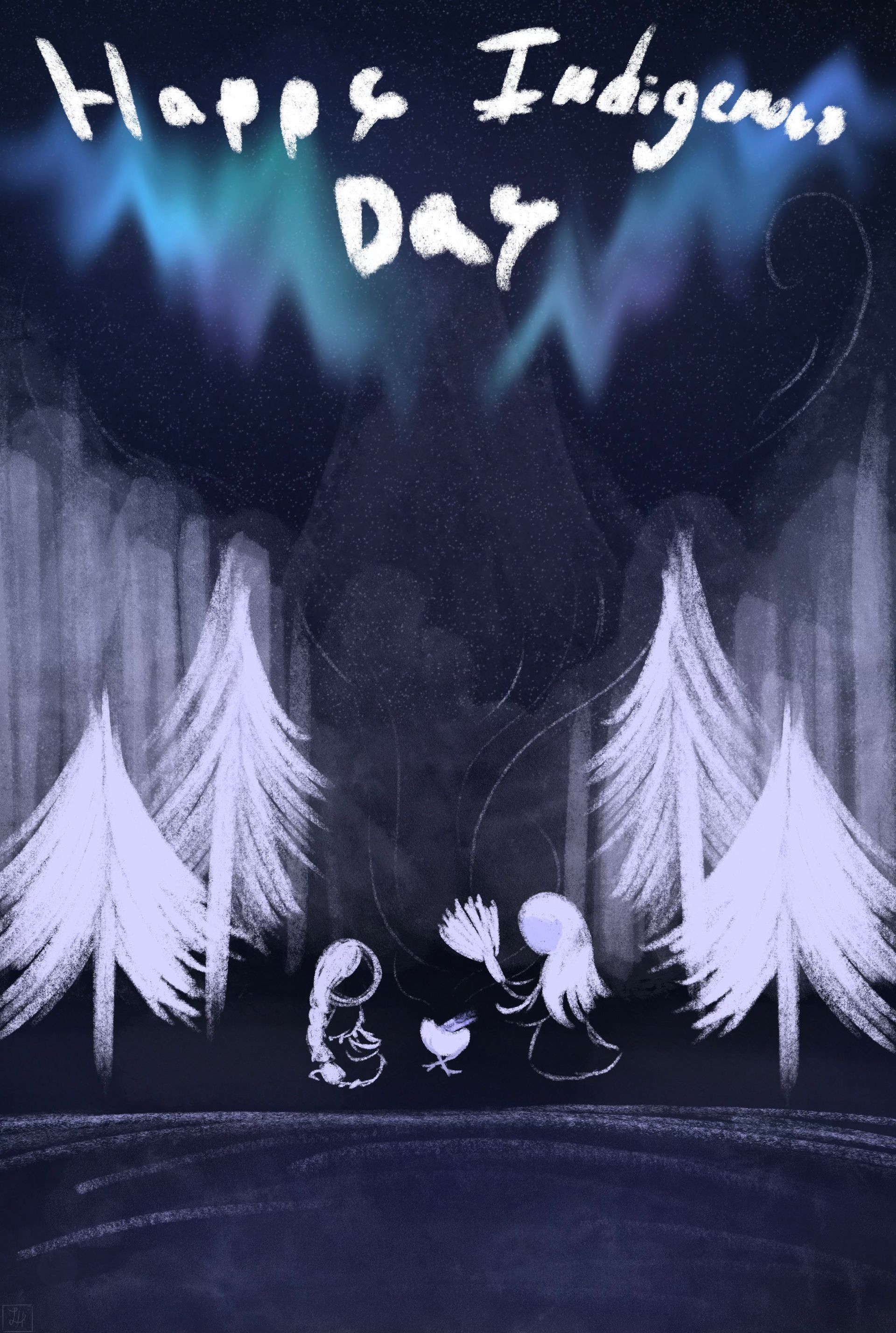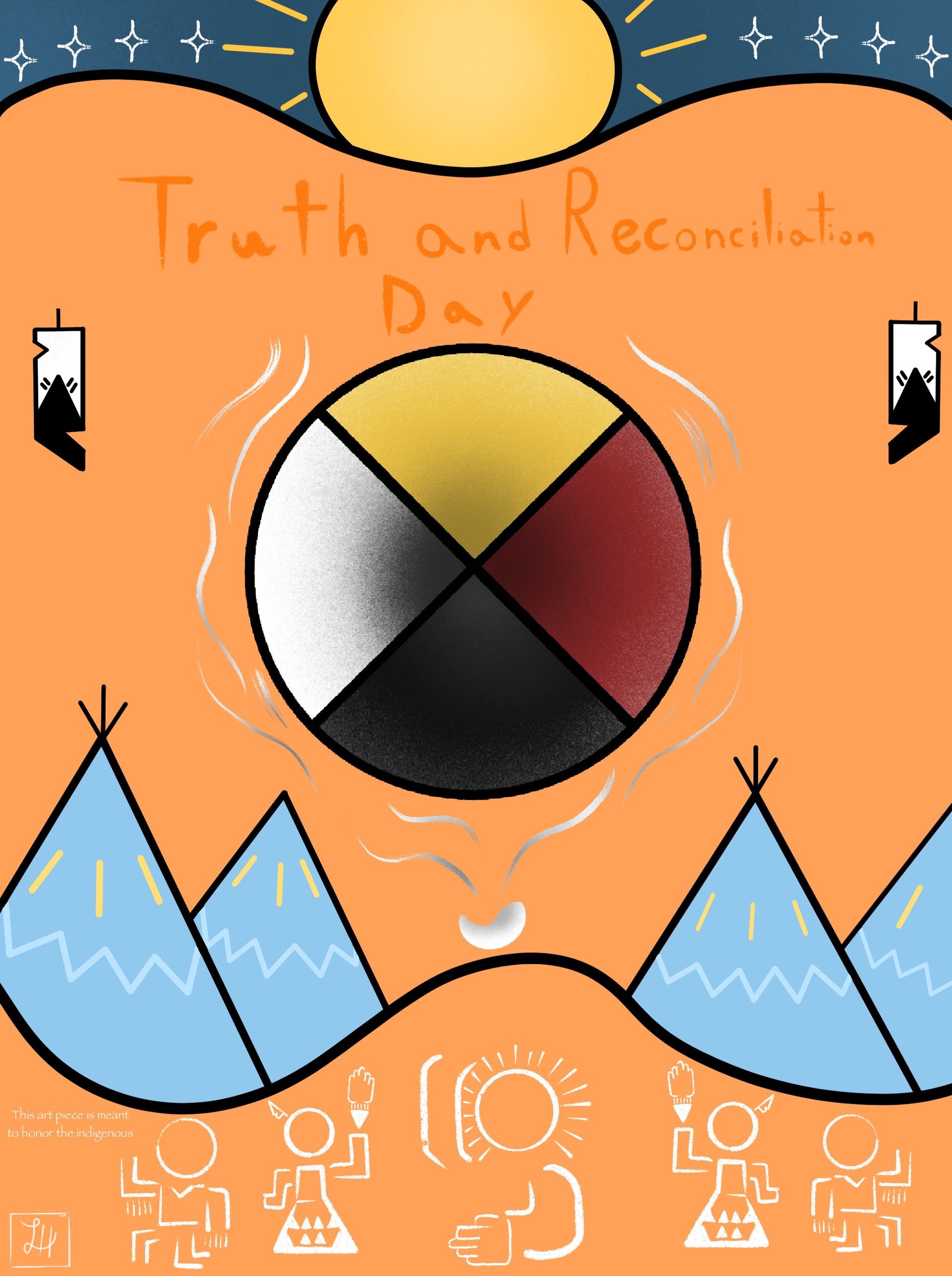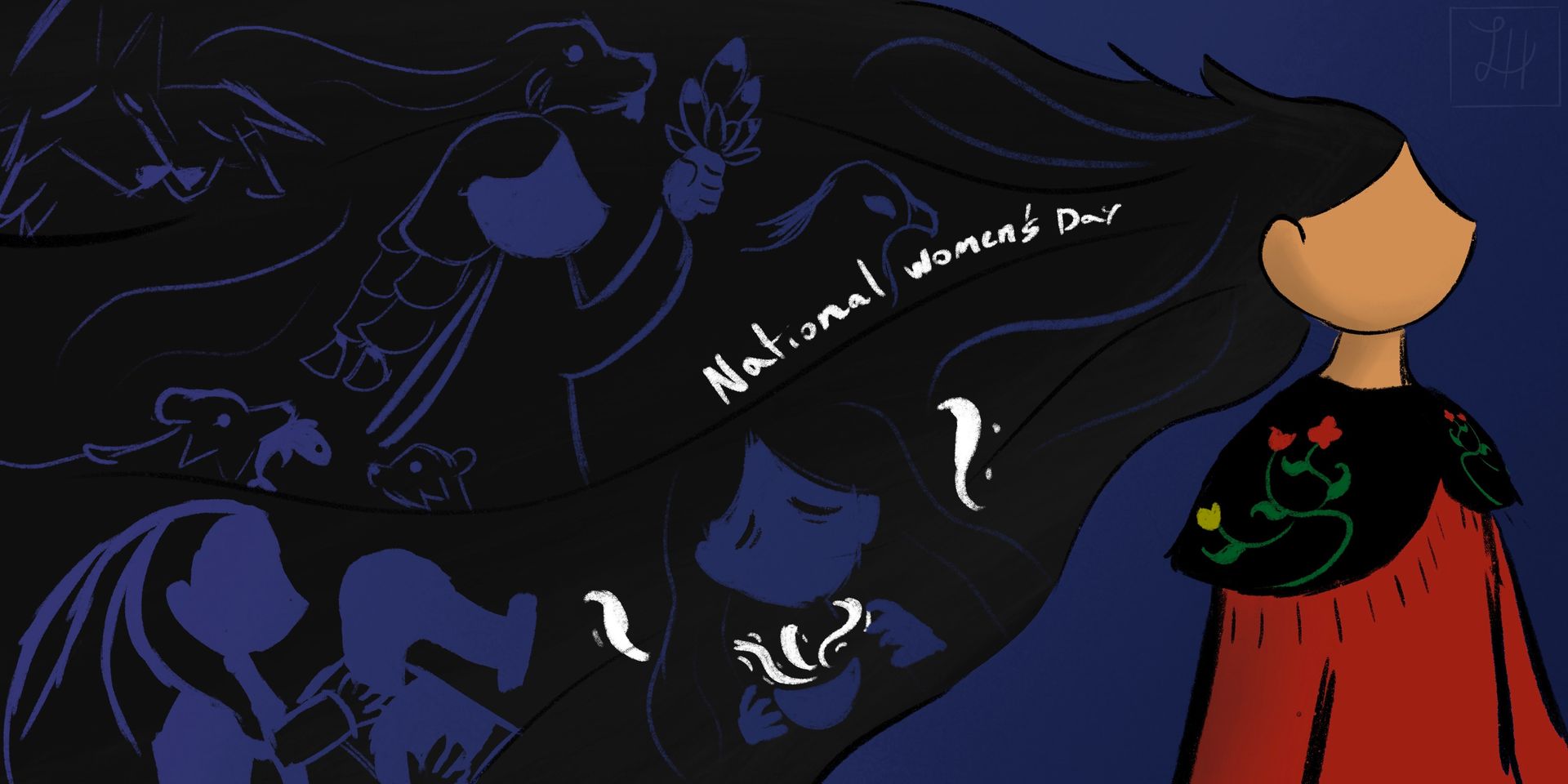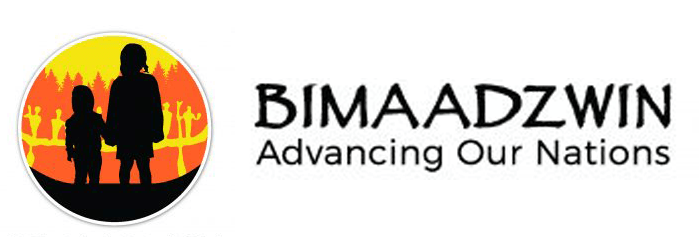Honouring Our Roots, Embracing Resilience
National Indigenous Peoples Day 2025

Today, on National Indigenous Peoples Day, we pause to honour the deep, enduring
spirit of the First Peoples of this land—those whose cultures, languages, and
stories have shaped what we now call Canada. From coast to coast to coast, the
richness of Indigenous heritage is intricately woven into the very fabric of our
country, carrying wisdom, resilience, and teachings that continue to guide us
through the complexities of our modern world.
Yet today is more than a celebration—it is also a reflective moment to acknowledge
ongoing challenges.
Across Mother Earth, Indigenous peoples, particularly here in Canada, are
experiencing the profound impacts of climate change with great urgency.
Rising temperatures, unpredictable weather patterns, melting permafrost, and
devastating wildfires are not distant threats but current realities.
These environmental changes have led to the displacement of families, disruption
of traditional food systems, and strain on community infrastructure, highlighting
once again the deep interconnectedness between our peoples and the land we
cherish.
The recent wildfires in Canada have displaced Indigenous families from their
homes and territories, reminding us starkly that climate change disproportionately
affects those who have historically contributed least to its causes.
Yet in these challenging moments, the resilience of our people emerges powerfully.
Our communities continue to respond with strength and unity, drawing upon
traditional practices and values that have always emphasized supporting one
another, respecting the land, and living in harmony with Mother Earth.
Indigenous peoples worldwide have always known that the health of the land
directly reflects the health of the community. Our ancestral knowledge and
traditional ecological understanding other invaluable perspectives and sustainable
solutions to global climate challenges. As the planet faces unprecedented
environmental crises, these traditional ways of knowing are not just valuable—they
are essential.
This reality underscores the importance of true Treaty partnerships. Treaties were
sacred agreements founded upon peace, respect, and shared stewardship
principles. To respond effectively to climate change and its consequences, Canada
must fully honour these Treaties—not merely through words but meaningful
action. Genuine collaboration with Indigenous nations as equal partners can help
ensure that the resilience of Indigenous communities and ecosystems is
strengthened rather than undermined.
Moreover, sincere land acknowledgements serve as powerful reminders that our
shared future rests on mutual respect and understanding. When offered genuinely,
they ground us in our shared history and collective responsibility to care for this
land. They open pathways to deeper relationships and meaningful reconciliation.
At Bimaadzwin, we approach these relationships and responsibilities with intention
and humility. We recognize Indigenous communities not as problems to solve but as
critical partners in shaping a sustainable future. As we mark National Indigenous
Peoples Day, let us honour the strength and wisdom of Indigenous peoples and
commit together to confronting modern challenges with traditional knowledge,
collective resilience, and profound respect.
Let us walk gently on Mother Earth, united in purpose, guided by ancestral
teachings, and ever mindful of the future generations we must safeguard.
Miigwetch
Share this post on social media


